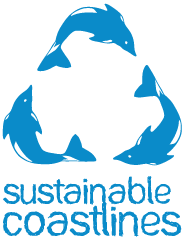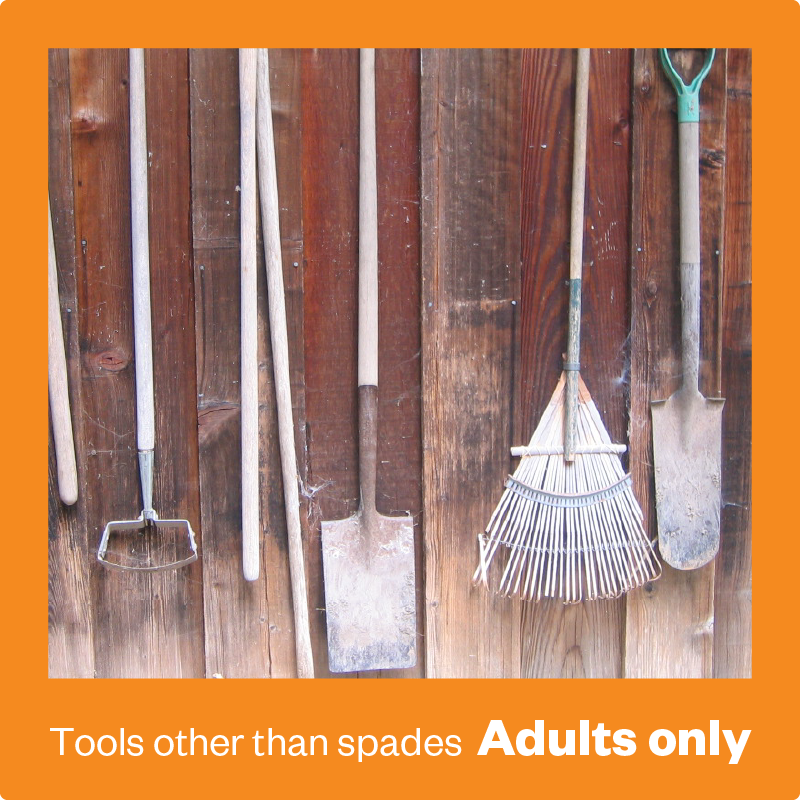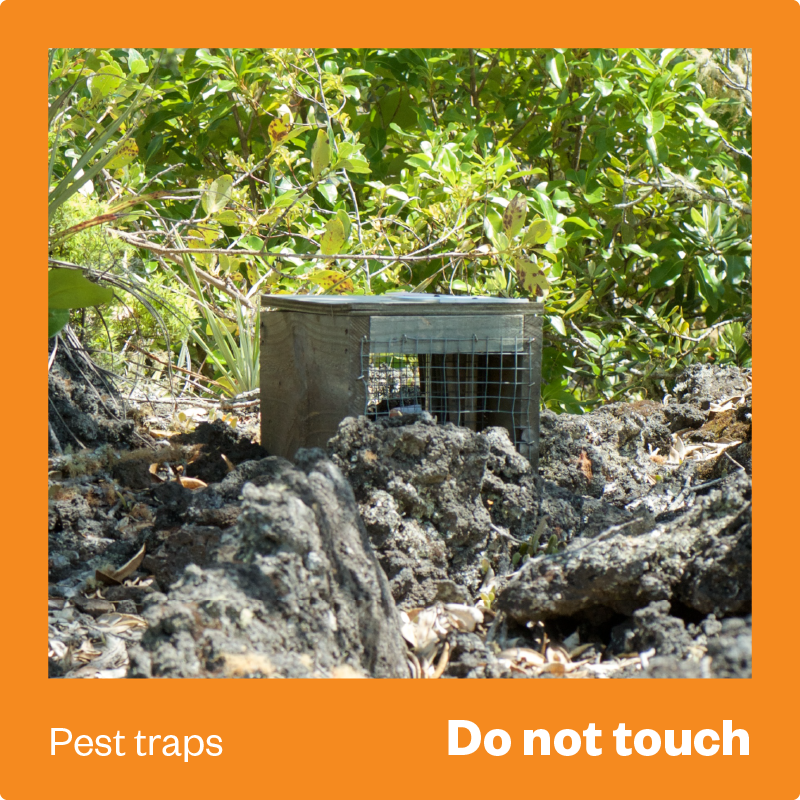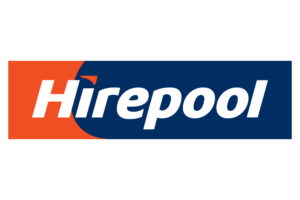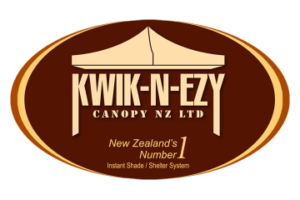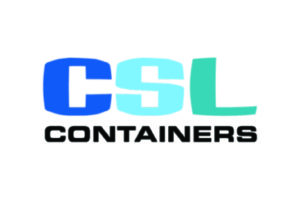All event participants understand that Sustainable Coastlines may use, own and distribute any photos and/or footage taken during the course of the event, for publicity, advertising and distribution.
If you do not want to appear in our event photos, then please inform the Event Director on the day and we will take reasonable steps to try to avoid this.
Please read the health and safety brief below. While this will be provided at the registration station on event day, it helps to read it beforehand. Please forward the link to this page on to anyone you have registered on behalf of.
